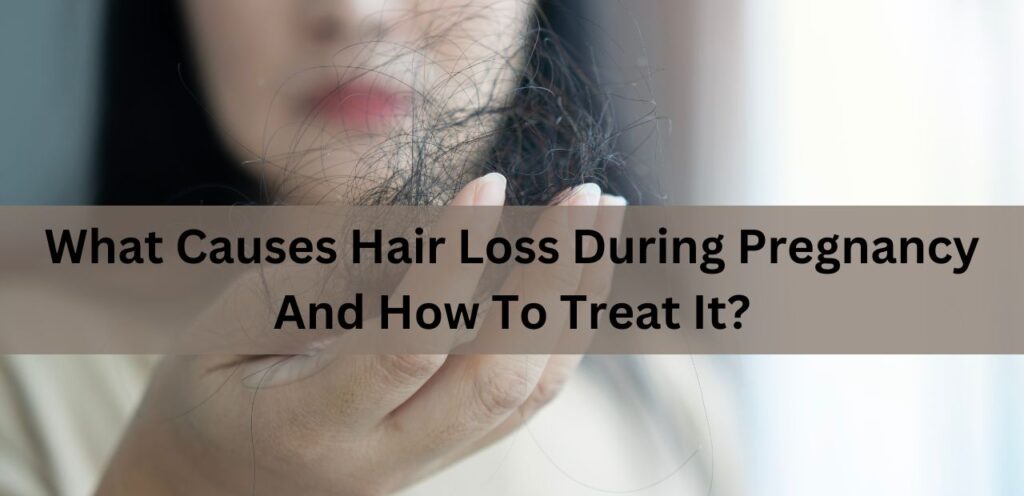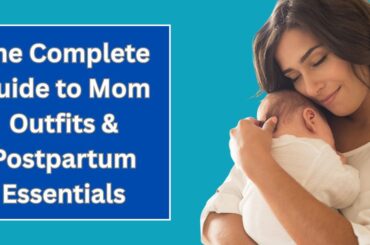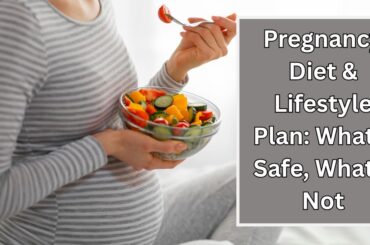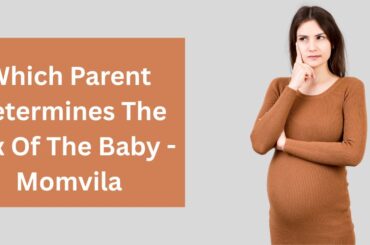What Causes Hair Loss During Pregnancy
During pregnancy, many changes occur in your body due to early signs of pregnancy. Hair loss during pregnancy you may be wondering if there is any connection between your hair loss and pregnancy. Being pregnant means not losing your hair. Hair loss early in pregnancy may be related to stress and an unbalanced diet, which can be due to hormonal changes.
Some women experience hair loss during pregnancy and some notice that their hair becomes shinier and longer than before. To look gorgeous, you should do haircare and skincare during pregnancy.
The Thickness of Hair During Pregnancy
Hairs follow a natural life cycle. A person’s son’s hair grows and then enters a resting phase for 2 and 3 months before falling out and being replaced by new hair growing in that follicle. During pregnancy, it may change the cycle positively.
Many women experience thickening hair during the first trimester (first 15 weeks of pregnancy). This is because of the high level of estrogen that makes the hair stay longer in the growing phase, and less hair falls out.
The Thinness of Hair and Falling During Pregnancy
Most women experience hair loss during pregnancy, mainly during the first trimester. Hair loss during pregnancy is caused chiefly by changing hormone levels in the body. It is also customary to experience hair loss after pregnancy when the estrogen level returns to normal. This is because the additional hair growth returns to the resting phase’s why hair falls out more than usual.
Reason Of Hair Fall and Thinness of Hair
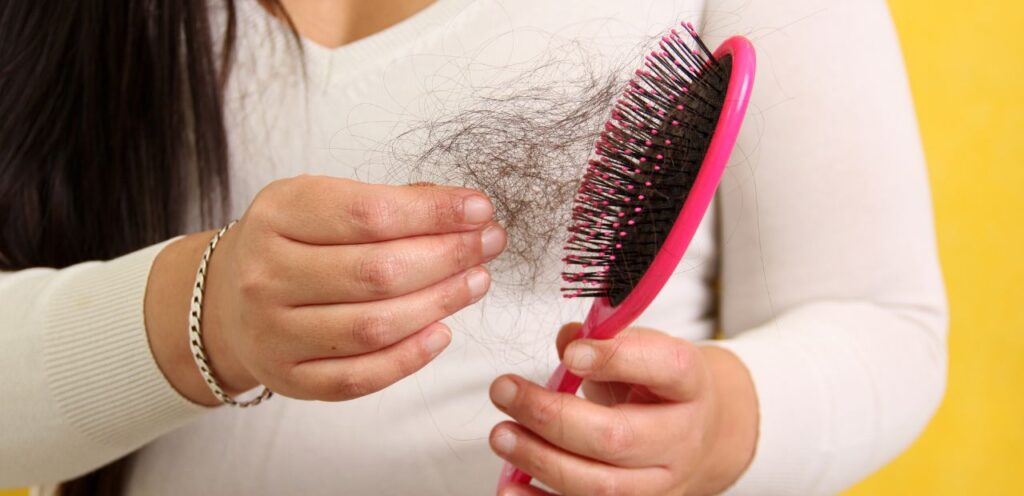
Hair loss during pregnancy is caused for the following reasons.
1. Hormones Level Change
Some women experience hair loss and thinning of hair due to shock and stress. This condition is called telogen effluvium. It only affects a small number of women during pregnancy.
The first trimester may stress the body because the hormone level shifts drastically to support the growing baby. This change enters more of the hairs on your head into the resting phase of the hair life cycle. So instead of losing only 100 hairs daily, you start losing more.
2. Iron Deficiency
Iron deficiency is higher in pregnant women, mainly if they are pregnant with twins and their pregnancies are spaced closely together. Iron deficiency occurs when you don’t have enough red blood cells to supply oxygen to different tissues in the body.
An iron deficiency causes hair thinning and other symptoms, like irregular heartbeat and fatigue. Hair loss during this period is not permanent and returns to normal levels when the hormone balance in the body or the level of the vitamin returns to normal.
Hair loss during pregnancy is also because of mineral deficiency.
Treatment of Hair Loss During Pregnancy
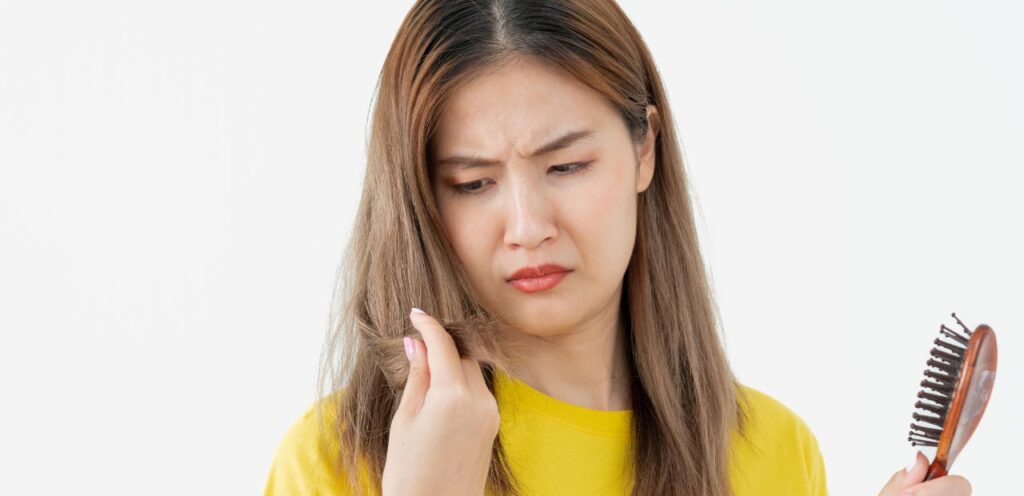
Hair loss when you are pregnant is not severe enough to cause bald spots. It starts to diminish after giving birth within 3-4 months. There are still some methods and treatments that you can use to minimize hair loss during pregnancy.
1. Balance Your Diet
During pregnancy, as the hormone level change and other changes are also made in the body, you need to balance your diet. Hair loss is also because by a lack of vitamins and nutrients. Balance your diet during pregnancy in such a way that you can get enough amount of nutrients every day.
How to manage your diet?
- Stay away from junk foods.
- Eat fruits and drink fresh smoothies
- Eat healthy and homemade food
- Drink vegetable juices as it full of vitamins and nutrients.
2. Eat Iron-Rich Food
This nutrient helps your body make blood, and its low level is linked to hair loss. Eat iron-rich food like meat, broccoli, and all green vegetables. Hair loss is naturally minimized if your body has enough iron. Remember to consult your doctor before taking the iron pills.
3. Stay Away From Colors And Other Treatments
Using color during pregnancy doesn’t cause any harm to you and your baby because hair does not absorb enough harmful chemicals to affect you and your baby. But it is a lot safer to stay from chemicals and other treatments as your hair are already weak then the risk of hair loss after using chemicals becomes greater.
Also, avoid using a straightener, curler, and other equipment.
Alternative for hair colors
You can use henna to color your hair. Henna is natural, organic, and does not have any chemicals in it. Using henna does not have any harmful effects on your scalp and hair. On the other hand, it gives your hair a shiny and smooth look.
4. Medication
Remember to take the parental vitamins your doctor prescribes to minimize hair loss. Doctors sometimes prescribe Rogaine if the hair growth does not return to normal. This medicine is not safer to use during pregnancy. Remember to consult your doctor before taking any medicine.
5. Natural Remedies
Natural remedies make your hair healthy and make them stronger. Besides balancing your diet and eating medicines, you can also use them to minimize hair loss.
6. Onion Juice
Onion juice is shown to increase hair growth. Use the onion juice to increase hair growth and strengthen your hair. Remember to do the patch test before applying the onion juice to your scalp to see if you have any allergic reactions to the onion juice.
7. Hair Oils
You can use hair oils to promote hair growth and reduce hair loss. Messaging your scalp with oils stimulates the scalp and improves hair thickness. You can use hair oils according to your preference. Some of the benefits of hair oils are written here.
- Rosemary oil is used to reduce hair loss and promote hair growth.
- Coconut oil reduces hair thinning by penetrating inside the hair and reducing protein loss.
- Mustard oil moisture your hair and scalp. It also helps reduce scalp irritation and inflammation.
Conclusion
This article tells you about the reason for hair loss during pregnancy and how to treat it. Although hair loss during pregnancy is common, it all needs time. Still, you can use some natural remedies to minimize hair loss and take preventive measures.
Natural treatment is also helpful for those who suffer from hair loss after giving birth to the child and to again attain the same amount of hair that you have before giving birth to the child. If your hair loss continues and you notice some other symptoms, remember to contact your doctor. For more related guides and information visit Momvila.
